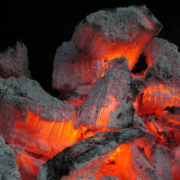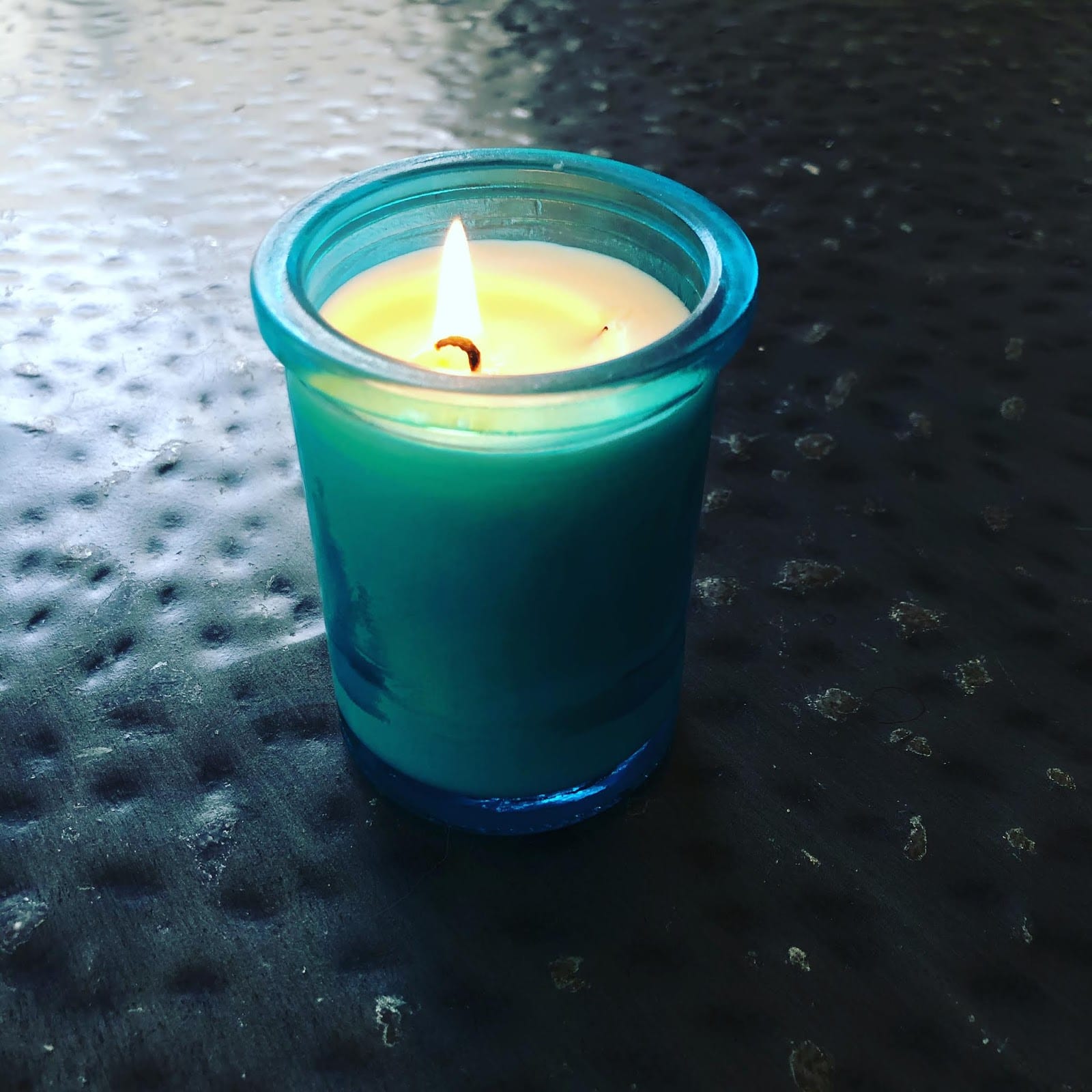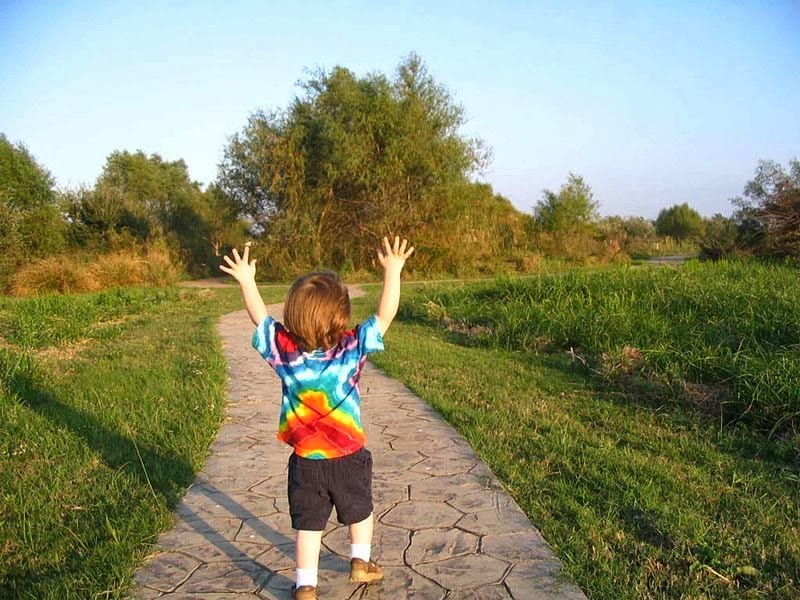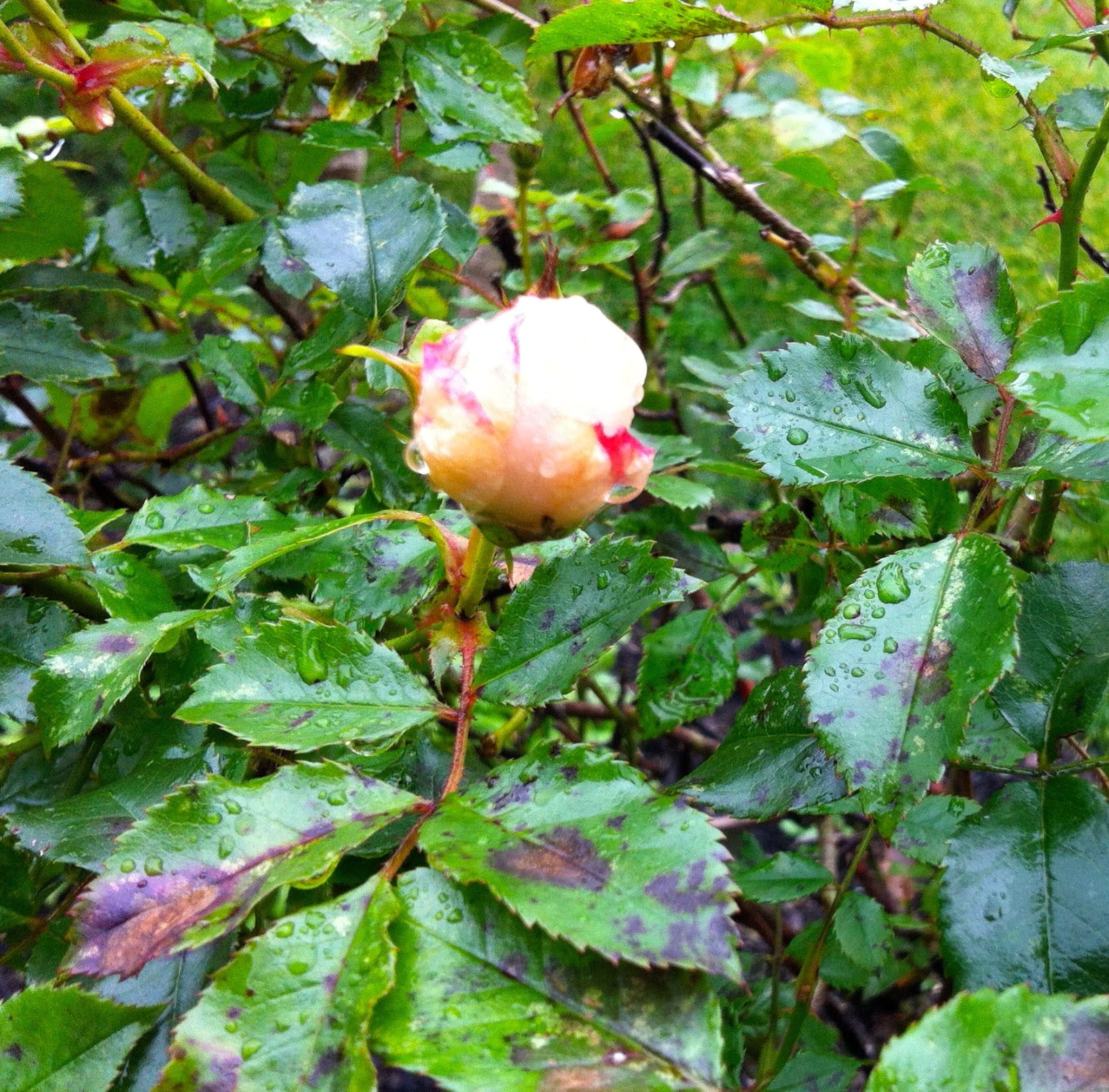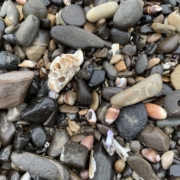
After a string of happy, peaceful days, days where I met new people, was invited to join them for outings, I was beginning to imagine that my life could be more like this in the months and years to come. It took almost no time at all to slip back into a familiar old place. That place where I cringe ever so slightly as a matter of course. Where I devote some portion of my thoughts to preparing for losing my footing again. Where I feel in my bones that I will somehow pay for this.
The other day I wrote in my journal a reminder that I don’t have to earn joy or peace. (News flash: either do you. None of us does.) Cognitively, I know that life isn’t a balance sheet. That we don’t have to come to some reckoning or accounting of the number of hours we suffered lined up against the number of joys we felt. I don’t have to justify feeling good. There is no amount of suffering I am required to endure in order to be qualified to experience happiness. I don’t have to pay dues for ease or satisfaction. These things don’t come at a cost. They just are. I am allowed to just experience them without apologizing or explaining or waiting for the other shoe to drop.
These things that rise up from my body in one way or another, the thoughts that prompt me to be wary of the times when I am happy, they are deep and powerful, hooked in to me in ways that require careful, deliberate handling. The admonitions that I am not allowed to laugh out loud, smile at the sight of a hummingbird in my backyard, wake with a sense of hope and gratitude unless I also acknowledge all of the suffering others are enduring and prepare for my own to come roaring back – those are ancient. They are messages from my parents, their parents, our culture. The idea that everything has a cost is a difficult one to ignore.
When I knew I was going to start a new life in a new place, I spent a great deal of time exploring notions of what I truly wanted. The kind of work I want to do, the people I want to surround myself with, the way I want to spend my time. I also thought about how I want to feel and move through the world. I wrote those things down and I practiced believing that I deserve them. I’ll say that again. I wrote those things down and I practiced believing that I deserve them. Because deserving is a loaded sentiment, but it doesn’t have to be. I can just deserve love and joy and care simply because I exist. I don’t have to work for it.
While I have become more comfortable with this idea, I still have to remind myself often that creating the life I want and giving myself permission to inhabit it are two different things. The other day I found myself with nothing on the calendar. At 2:00 in the afternoon, I had a moment of mild panic (yes, that’s a thing – at least for me) that I had nothing pressing to do. For a millisecond, I entertained the idea of grabbing the novel I was reading and lying down on my bed to read. I indulged the fantasy quickly – the dogs stretched out next to me beneath the ceiling fan that was slowly pulling the ocean air through the windows, the curtains billowing slightly, me propped up on pillows, deep in a good book. And then came a visceral recoiling and the voices in my head:
You can’t do that. Surely you could mop the kitchen floor instead. Or go find some weeds to pull. Or at the very least, go outside. It’s sunny and beautiful. Get some fresh air. Or get on the elliptical machine and exercise. Certainly you could find something productive to do instead of lying down with a book at 2pm!
My gut tightened. How irresponsible could I be to think it would be ok just to lie down with a book in the middle of the afternoon?
But here’s how I know I’m making progress; from some deep corner of my heart came another voice that said simply,
this is the life you wanted to create for yourself – a life of ease and rest. Why wouldn’t you lie down and read for a while?
And so I did. And I’m fairly certain I fell asleep for a bit, too. And when I woke up, the dogs were nestled against my legs and the kitchen floor was still unmopped and I hadn’t burned any calories, but I was a little bit closer to believing that I deserve joy and peace in my life, however it shows up. The work of animating the knowledge I have deep within me takes presence and intention, and the more I practice the better it gets. Here’s to believing that we all deserve joy and happiness and ease, no matter what.


